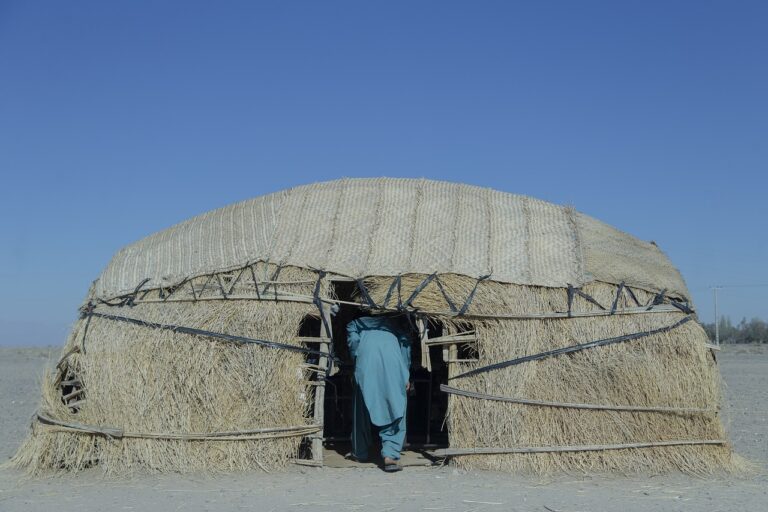Exploring the Cultural Heritage of Traditional Music: All panel mahadev, Lotusbhai, Allpaanel. Com login
all panel mahadev, lotusbhai, allpaanel. com login: Exploring the Cultural Heritage of Traditional Music
Have you ever found yourself listening to a traditional song and feeling transported to a different time and place? Traditional music is not just about melodies and rhythms; it’s a reflection of the culture and history of a community. In this article, we’ll delve into the rich tapestry of traditional music and discover its cultural heritage.
The Origins of Traditional Music
Traditional music has been passed down through generations, often orally, and reflects the history and values of a particular society. Whether it’s the haunting melodies of Celtic folk songs or the rhythmic beats of African drumming, traditional music serves as a window into the past.
Instruments Used in Traditional Music
One of the fascinating aspects of traditional music is the wide array of instruments used to create it. From the bagpipes of Scotland to the sitar of India, each instrument has its unique sound and plays a crucial role in conveying the emotions and stories found in traditional music.
Themes in Traditional Music
Traditional music often explores themes such as love, war, nature, and spirituality. These themes are universal and resonate with people from all walks of life. Through traditional music, we can gain a deeper understanding of the values and beliefs of different cultures around the world.
Preserving Traditional Music
In an age of globalization, traditional music faces the threat of being overshadowed by modern sounds. However, there is a growing movement to preserve and promote traditional music. Festivals, workshops, and educational programs are helping to ensure that traditional music continues to thrive for future generations to enjoy.
The Impact of Traditional Music
Traditional music is not just a form of entertainment; it has the power to bring people together, bridge cultural divides, and foster a sense of community. By exploring traditional music, we can gain a greater appreciation for the diversity of human expression and the beauty of cultural heritage.
FAQs
Q: Why is traditional music important?
A: Traditional music is important as it serves as a cultural artifact that connects us to our past and helps us understand different societies and their values.
Q: How can I learn more about traditional music?
A: You can attend traditional music festivals, take music classes, or explore online resources to learn more about traditional music from around the world.
Q: Can traditional music evolve over time?
A: Yes, traditional music is not static and can evolve over time as new influences and ideas are introduced.
In conclusion, traditional music is a treasure trove of cultural heritage waiting to be discovered and appreciated. By immersing ourselves in the melodies and rhythms of traditional music, we can gain a deeper understanding of the rich tapestry of human experience.







